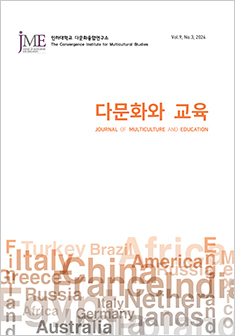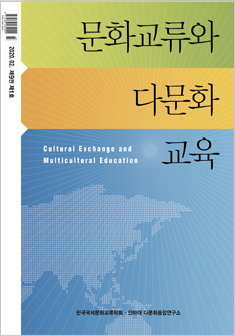
논문검색
HOME 학회지 논문검색
다문화와 교육(Journal of Multiculture and Education), Vol.8 no.3 (2023)
pp.77~88
Political Consequences of Economic Interdependence
In an era of globalization, how will the economic interdependence affect international politics? Since the 1970s, more and more scholars have begun to pay attention to this problem. Some scholars believe that economic interdependence will promote exchanges between countries and thus maintain peace among them. Some scholars state that economic interdependence increases the possibility of conflict between countries. And other scholars point put that the political consequences of economic interdependence depend on the satisfaction of certain conditions. This paper proposes a framework of two-level analysis, arguing that the political consequences of economic interdependence need to be examined at both the systemic and inter-state levels. Economic interdependence creates deficits in global governance at the system level, undermining the existing international economic institutions. And economic interdependence at the inter-state level can lead to conflicts between countries due to triggering specific conditions. Therefore, this study suggests that economic interdependence requires a good management mechanism. At the system level, we should improve global governance by inviting more countries to participate in. At the inter-state level, interdependent countries need to take into account each other's concerns, better manage disagreements through dialogues, and distribute the economic gains of interdependence more equitably. Finally, the arguments of this paper will be tested through a case study of Sino-US economic interdependence.
 다문화와 교육(Journal of Multiculture and Education)
다문화와 교육(Journal of Multiculture and Education) 문화교류와 다문화교육
문화교류와 다문화교육